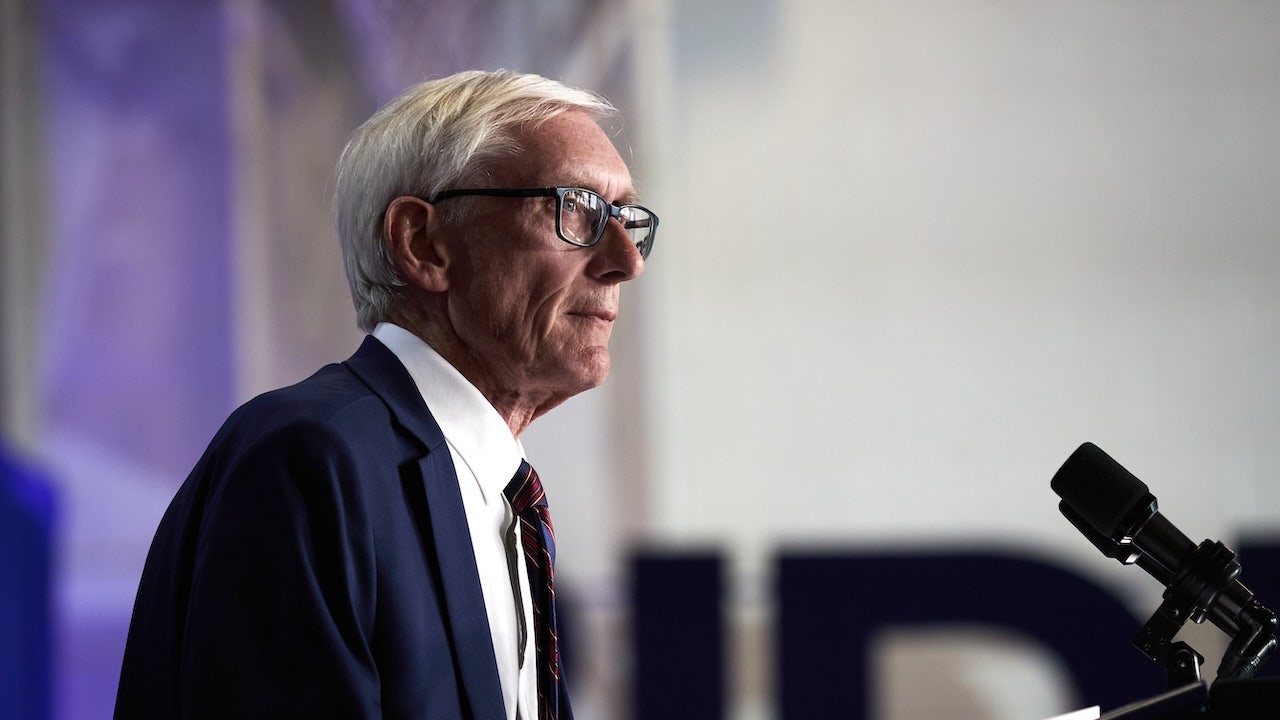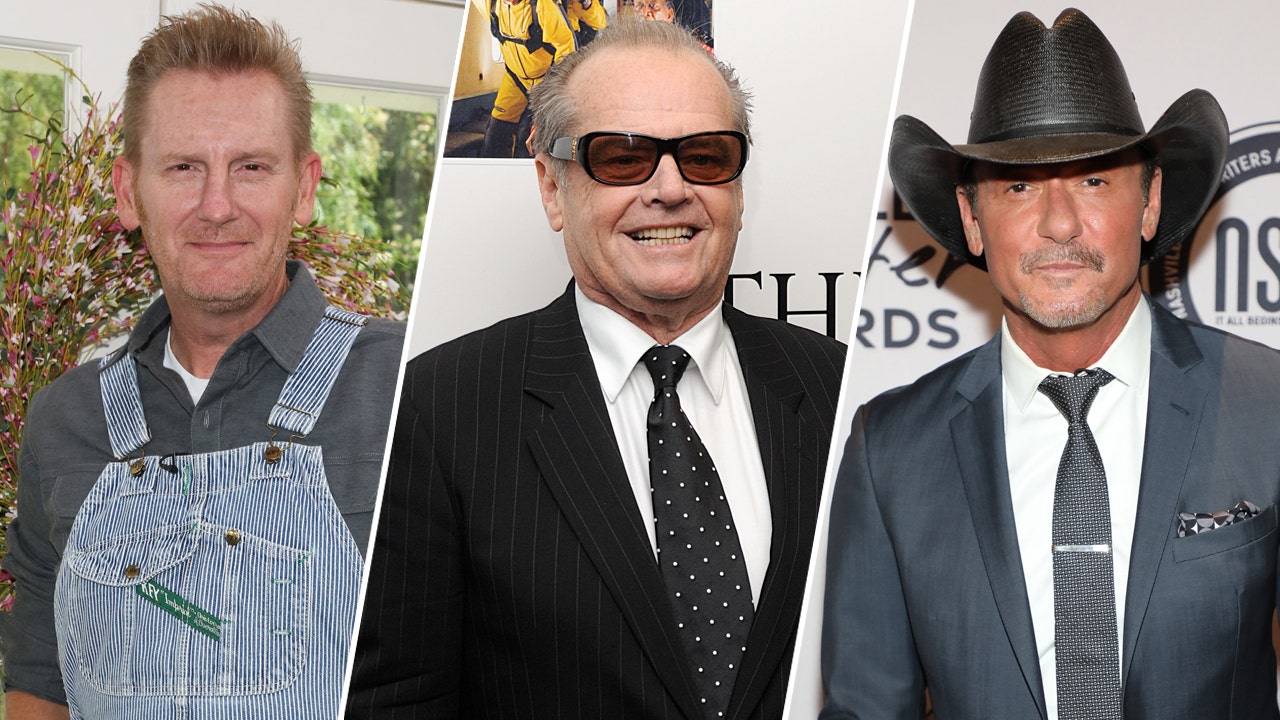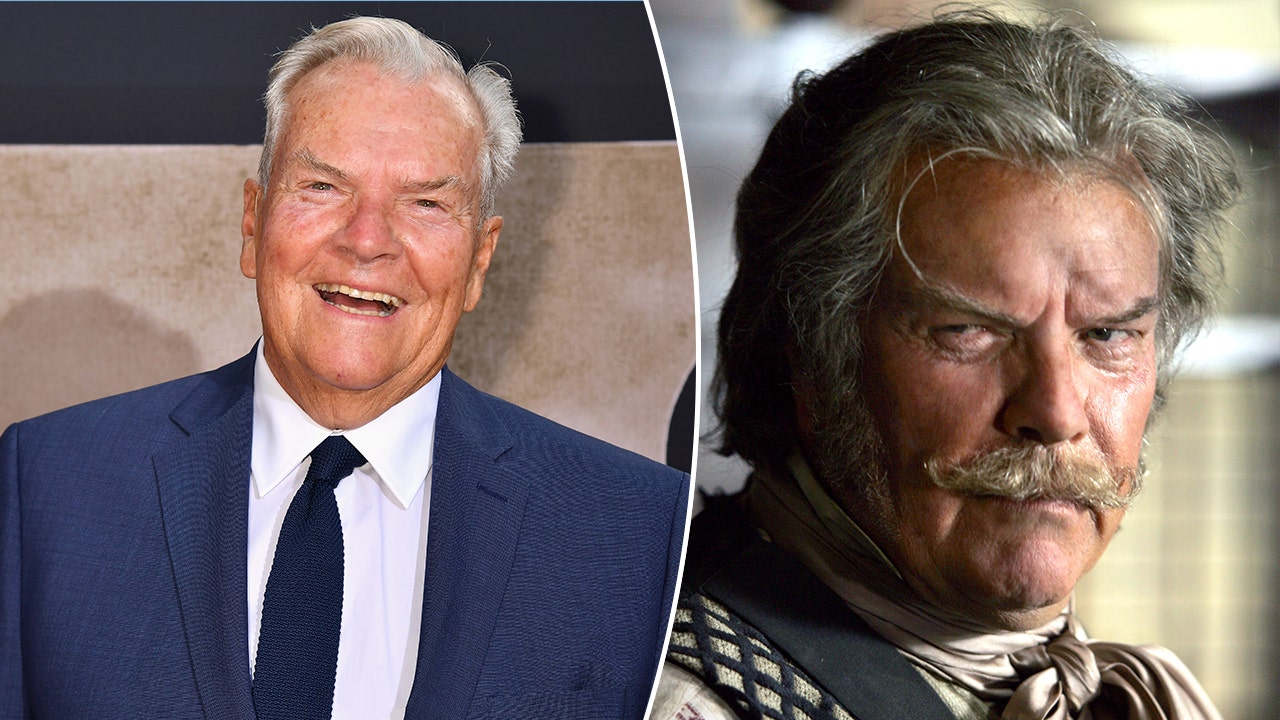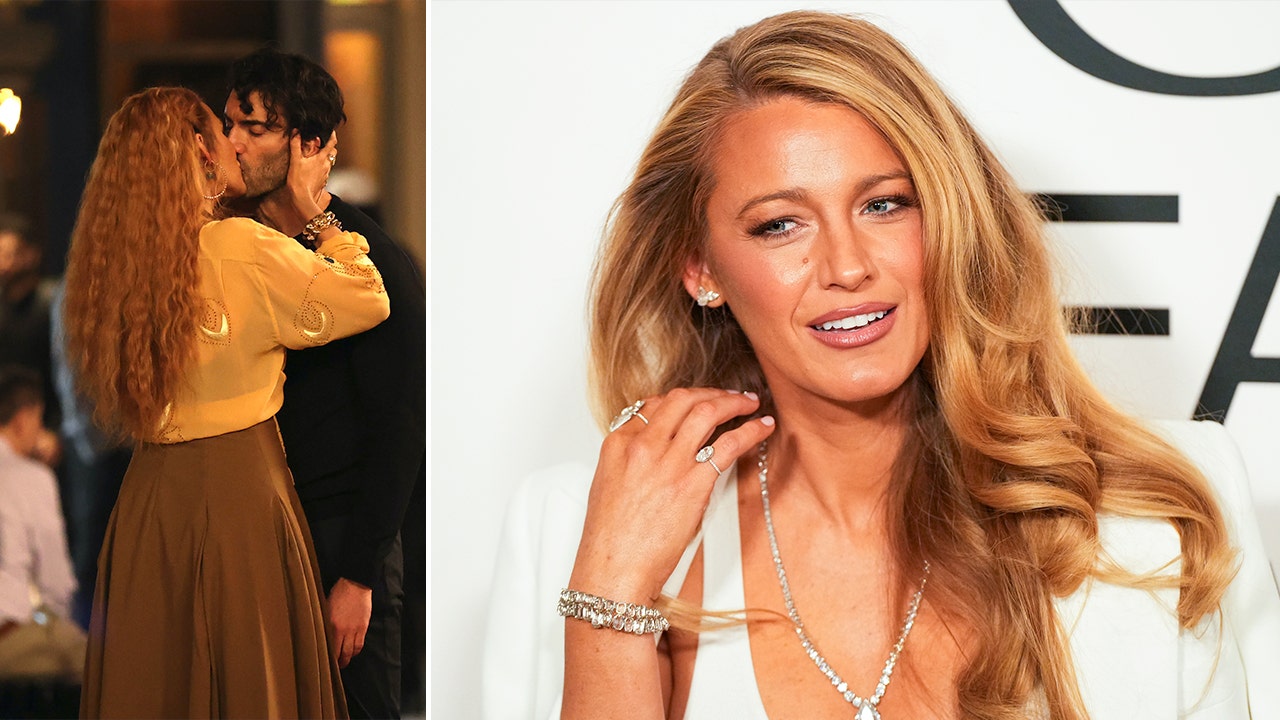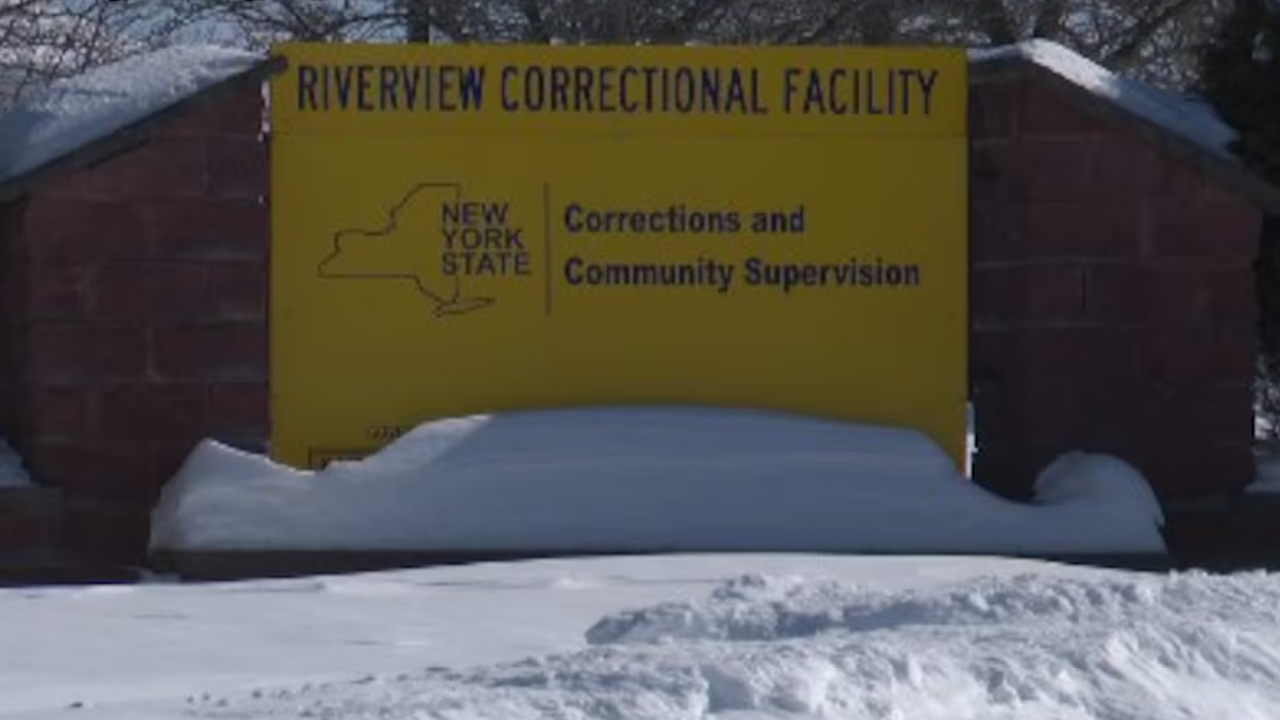Trump blasts support for the murder suspect of UnitedHealthcare’s CEO, labeling it a “sickness.” This statement leaves one pondering the broader implications of admiration for violence that has seeped into public discourse.
During a recent press briefing, the President-elect, deeply familiar with the streets of New York, expressed outrage over the cold-blooded assassination of UnitedHealthcare’s CEO, Brian Thompson. The somber event took place a week after 26-year-old Luigi Mangione was arrested in Altoona, Pennsylvania, on charges related to the brutal crime.
“It’s terrible that some people seem to look up to him—think he’s admirable,” he remarked, his tone laced with incredulity. “This was a cold-blooded, horrible killing,” a sentiment echoed by many who watched the disturbing spectacle unfold.
This tragedy, marked by ambition and privilege, reveals the unsettling layers beneath the surface. Mangione, a computer programmer boasting an Ivy League education and a lifestyle shaped by wealth, allegedly stalked his victim to a Manhattan hotel. With a suppressed 3D-printed handgun, he fired upon Thompson—every detail sending chills through observers.
In the days preceding the identification of Mangione, police released a surveillance image from the New York City hostel where he stayed. He appeared relaxed, even flirtatious, while checking in, showing a stark contrast to the violent act he was about to commit. As the image traveled online, discussions bloomed. Critics of the health insurance industry seemed to rally around him, dangerously blurring the lines between condemnation and admiration.
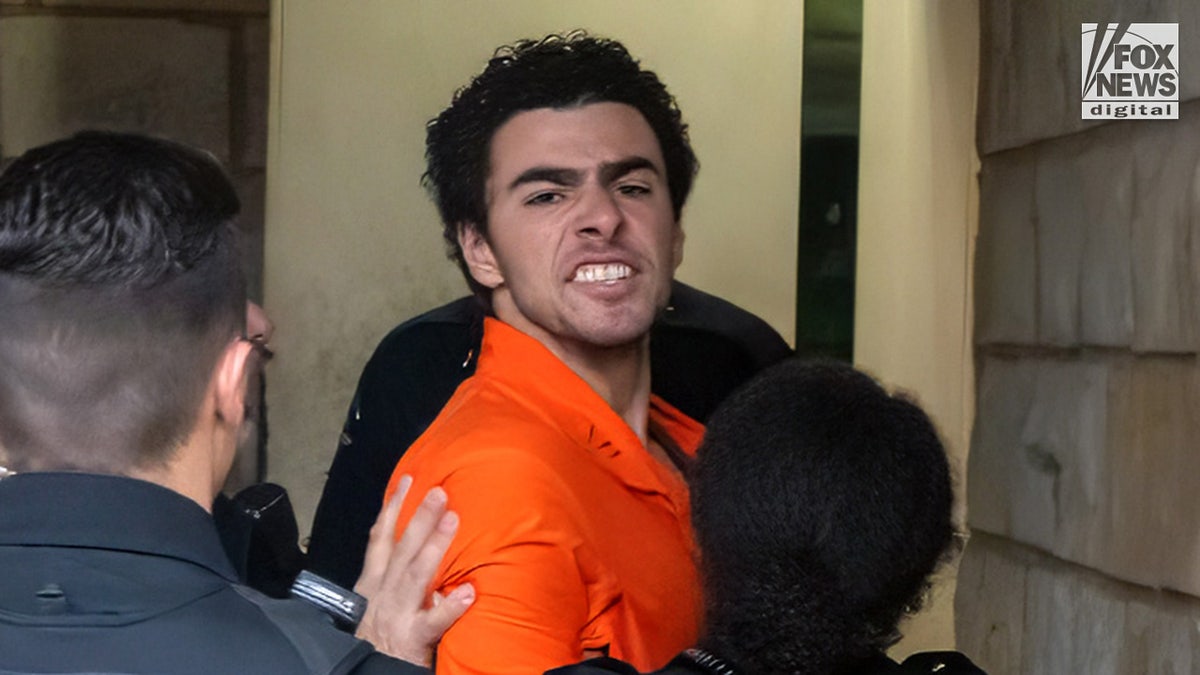
Trump’s words resonated with many, as he criticized the glorification of such violence. “How can people actually like this guy? That’s a sickness,” he exclaimed. His abhorrence was compounded by the nature of the crime, executed from behind—an ambush that shattered a moment of routine.
Video footage from the Hilton hotel encapsulated the horror: Thompson was approached moments before he was to engage in an important business event; a masked figure emerged from shadows, delivering a fatal shot that irrevocably altered lives. A woman who witnessed the act, reportedly paralyzed by shock, fled in terror, a sight that reflects the chaos that can erupt in an instant.
Asked whether the reactions online were indicative of a growing appetite for violence, Trump pondered the complexity of sentiment, saying, “Maybe it’s fake news. I don’t know; it’s hard to believe that that can even be thought of, but it seems like there’s a certain appetite for him.” The notion provokes a formidable question: what drives individuals to romanticize such brutality?
Online, the response has been chillingly mixed. While many denounced the murder, some individuals found a strange sense of pride in Mangione, his image becoming fodder for memes and admiration. Efforts to fund his legal defense on crowdfunding platforms came crashing down, but sensationalism flourished as radical opinions caught fire. Witnesses to the crime, along with local businesses such as the Altoona McDonald’s where he was recognized, became the target of threats, demonstrating how quickly victimhood and perpetration can morph in public consciousness.

Mangione now faces serious legal repercussions in both New York and Pennsylvania, including charges of second-degree murder and illegal firearm possession. His attorney has expressed plans to contest extradition, a tactic that illustrates a greater struggle in tackling the fallout from this horrific act.
In a time when violence can spark admiration in unexpected corners, the need for introspection becomes clear. What does it mean for society when a tragic veneration of wrongdoing emerges? Perhaps, in this disconcerting chapter, Trump’s reaction serves as a critical reflection point, igniting a conversation we must have—a conversation about values, empathy, and the contours of admiration in a fractured world.

